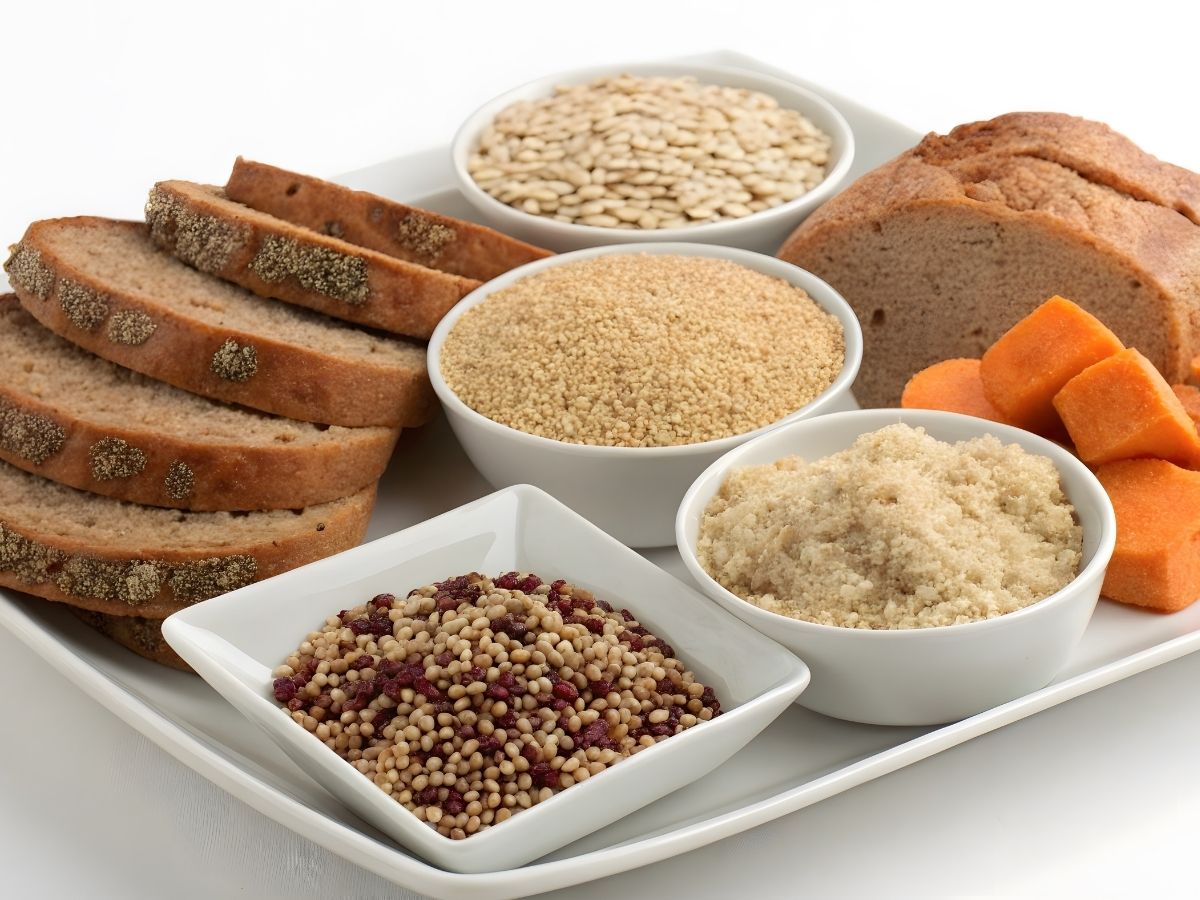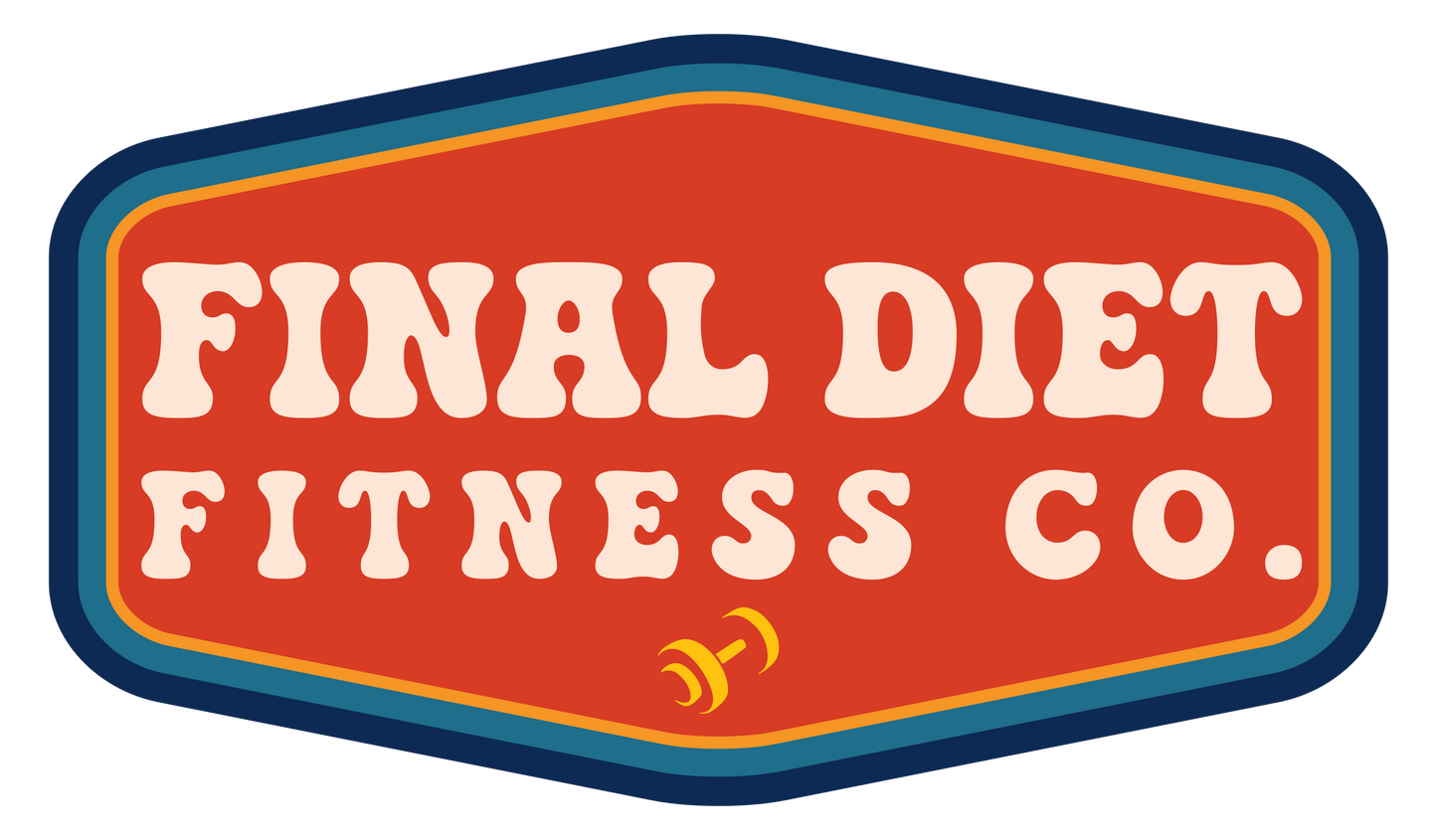
Few topics in nutrition spark more confusion than carbohydrates.
Over the years, carbs have been blamed for everything from weight gain to fatigue. But the truth is, carbs are not the enemy—they’re one of your body’s most valuable sources of fuel.
When used strategically, carbs can boost energy, support muscle growth, and even help you lose fat more effectively.
1. What Carbs Actually Do
Carbohydrates are your body’s preferred energy source. When you eat carbs, your body converts them into glucose, which fuels your brain, muscles, and organs.
Without enough carbs, performance suffers—you feel sluggish, your workouts decline, and recovery slows.
With the right amount, you have steady energy, better training output, and improved focus.
2. The Different Types of Carbs
Not all carbs are created equal. They fall into two main categories:
Complex Carbs: Found in foods like oats, rice, quinoa, potatoes, beans, and vegetables.
- Slower digesting, more filling, higher in fiber.
-
Provide steady energy and better blood sugar control.
Simple Carbs: Found in fruit, milk, honey, and sugary foods.
- Faster digesting and can be useful around workouts or for quick energy boosts.
Neither is “bad.” The key is timing and portion control—complex carbs for daily energy, simple carbs for quick fuel.
3. Why Carbs Don’t Automatically Cause Fat Gain
Carbs themselves don’t make you gain weight—excess calories do.
If you’re in a calorie deficit, you’ll lose fat regardless of your carb intake.
What carbs do influence is water and glycogen storage:
- For every gram of glycogen stored, your body holds about 3–4 grams of water.
- That means dropping carbs quickly can cause temporary “weight loss,” but not actual fat loss.
The goal isn’t to eliminate carbs—it’s to balance them within your calorie needs.
4. The Role of Carbs in Performance and Recovery
Carbs directly impact how well you train and recover.
When you lift, run, or perform any high-intensity activity, your body uses glycogen (stored carbs) as its main energy source.
A moderate carb intake helps:
- Maintain training intensity
- Prevent fatigue and dizziness during workouts
- Speed up recovery and reduce muscle soreness
Even if you’re trying to lose fat, under-eating carbs can stall progress by lowering energy and output in the gym.
5. How to Choose and Use Carbs Wisely
Carbs become powerful when you focus on quality and timing.
Best daily carb sources:
- Oats, rice, quinoa, potatoes, and beans
- Fruits and vegetables
- Whole-grain bread, pasta, and wraps
Best times to eat carbs:
- Before workouts for energy
- After workouts to replenish glycogen and aid recovery
- Evenly throughout the day to maintain steady focus and blood sugar
For fat loss, prioritize high-fiber, high-volume carbs—they’re filling, nutrient-dense, and easier to fit into your plan.
6. When Lower-Carb Approaches Can Work
Lower-carb diets aren’t “wrong”—they can help some people manage hunger or blood sugar better.
But they’re most effective when calories and protein are still properly controlled.
If you prefer fewer carbs, just ensure you’re still getting enough protein and healthy fats to support your energy needs.
Key Takeaways
- Carbs are your body’s main energy source, not your enemy.
- Choose complex carbs for steady energy and fiber.
- Timing matters: around workouts is when carbs shine most.
- Cutting carbs too low can hurt training, recovery, and mood.
